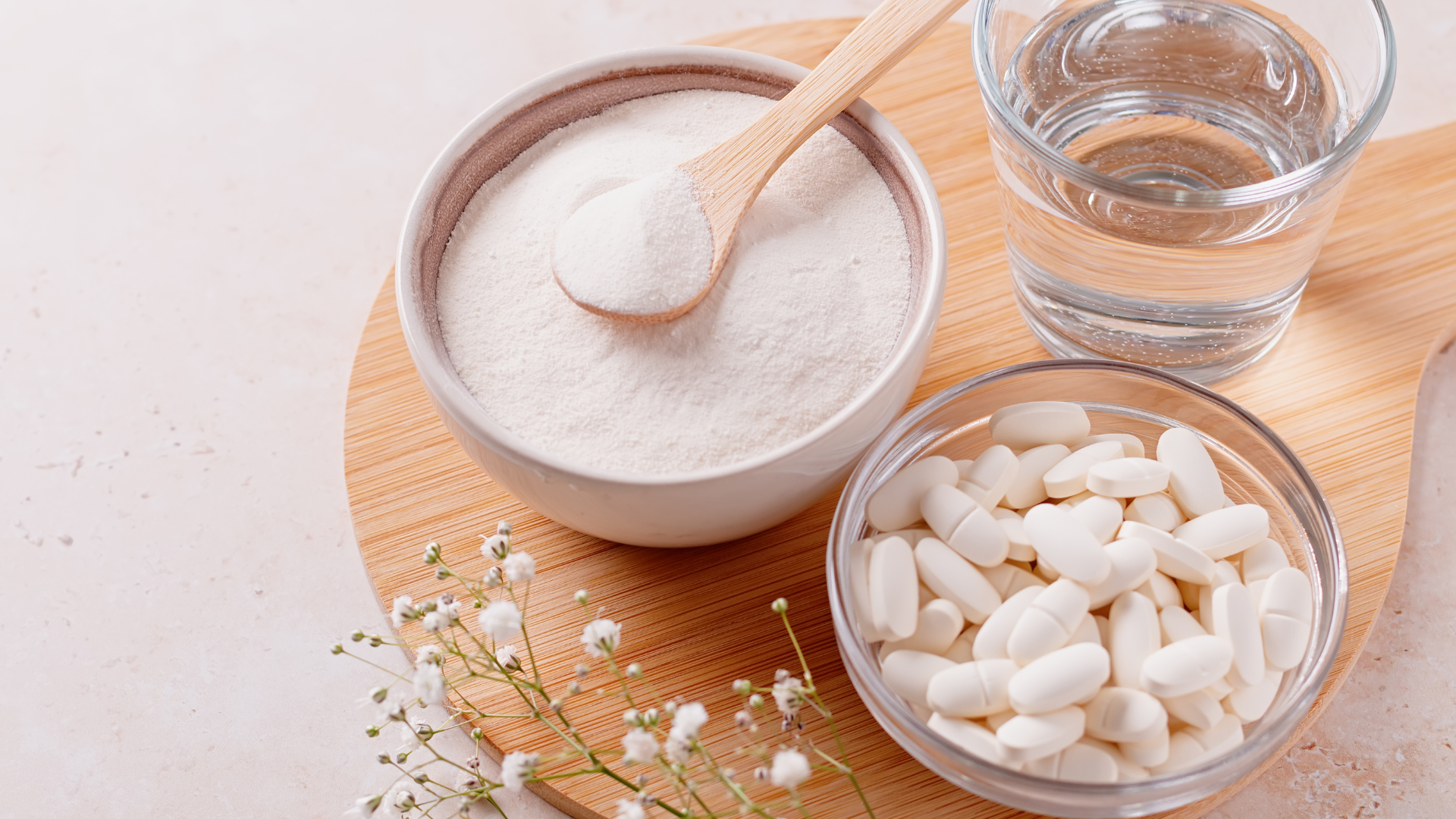By Dr. Noelani Rodriguez, ND
Who doesn’t want better memory, more focus and improved cognition? What can we do naturally to enhance and preserve our brain function? From herbs and mushrooms to nutrients, I will discuss a few of the most common natural memory and cognitive enhancers and why people are talking about these “nootropics.”
Herb and extract perks
One ancient, well-known herb that has long been known to affect our nervous system is rosemary. Rosemary, Latin name Rosmarinus officinalis, has been shown to stimulate the nervous system and thus perk up memory and concentration capacity1 when the plant is sniffed prior to completing a task. In a 2020 study on mice, rosemary was shown to improve cognition like that of methylphenidate (Ritalin)2 and has long been known to decrease brain inflammation.
Mushrooms for memory enhancement
When we think about mushrooms, two thoughts might come to mind — tasty mushrooms we add to foods and psychedelic “shrooms” with which people sometimes experiment. But on the quest to increase brain power one non-psychedelic mushroom is the rightful king — lion’s mane, latin name Hericium erinaceus. Also known for its anti-depressant abilities, lion’s mane has strong research showing its neuroprotective effects in Alzheimer’s studies by preventing impairments of spatial, short-term, and visual recognition memory due to its anti-inflammatory and NGF (nerve growth factor) stimulation.3 It even showed a reduction in dementia scale and significant improvement in visual recognition memory in adults after 16 weeks of supplementation.3
Phosphatidylserine to increase memory and lower stress
Phosphatidylserine is a naturally produced nutrient within the cell membrane of neural tissue. It contains high amounts of DHA (an omega-3 fatty acid) and functions to support brain neuron survival and differentiation. As we age, our ability to produce phosphatidylserine declines. A 2013 study showed that elderly people supplementing with phosphatidylserine had an increase in memory recognition, memory recall, executive functions (decision making) and mental flexibility.4 Furthermore, phosphatidylserine has also been shown to lower cortisol levels in chronically stressed males where hyperactivity of the HPA axis (the stress-regulating loop in our body).
Nootropics: brain-boosting, neuroprotective supplements
Nootropics are a class of natural or synthetic substances that can boost brain performance and are sometimes called cognition enhancers or memory-enhancing substances. They have gained much popularity in the past few years due to the increasing awareness of wanting optimal health coupled with the highly competitive and hardworking nature of United States society. But we are not only talking about better memory and cognition; of equal importance is that these natural supplements have been shown to have neuroprotective properties and thus, can protect the brain from inflammation and injury.
So is it time to power up your inner nerd? What is your brain telling you?
Dr. Rodriguez is a licensed naturopathic doctor in Poway, San Diego, California. She can be reached at (858) 345.4910. Note: this information is not to be taken as medical advice, and each person should speak with their doctor before initiating any supplementation. For more information, visit www.mavwellness.com



